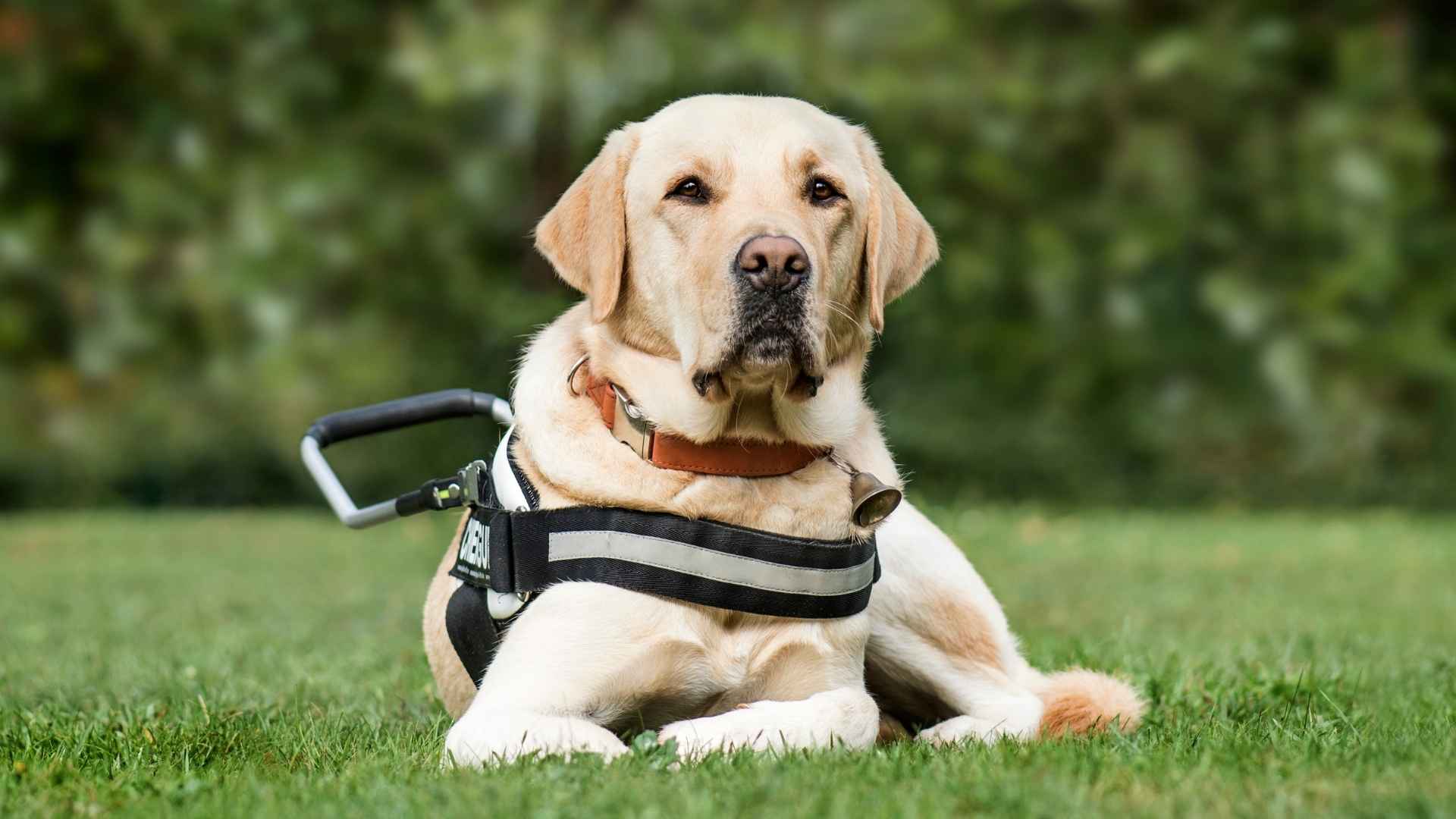Some dogs just know. Emotional support animals (ESAs), especially certain dog breeds, offer comfort and relief from anxiety without needing specialized training. While any dog can provide emotional support, some breeds naturally have the temperament and sensitivity that make them especially well-suited for the role.
They sense your mood before you speak a word, offering a paw or soft nuzzle when you need it most. These are the intelligent therapy dog breeds—emotional geniuses with a gentle heart and a gift for healing.
From hospitals to classrooms and senior homes, therapy dogs bring more than comfort—they bring calm, understanding, and joy. But behind those soulful eyes is a sharp mind. The best breeds combine emotional intelligence with real-world smarts, making them easy to train and incredible at reading human cues, much like how cryptocurrency market trends.
We’ll walk you through the smartest dog breeds that shine in therapy settings. Whether you’re seeking a therapy companion for yourself or want to train one to help others, these breeds will inspire you with their empathy and brains.
Intelligent Therapy Dog Breeds
1. Labrador Retriever
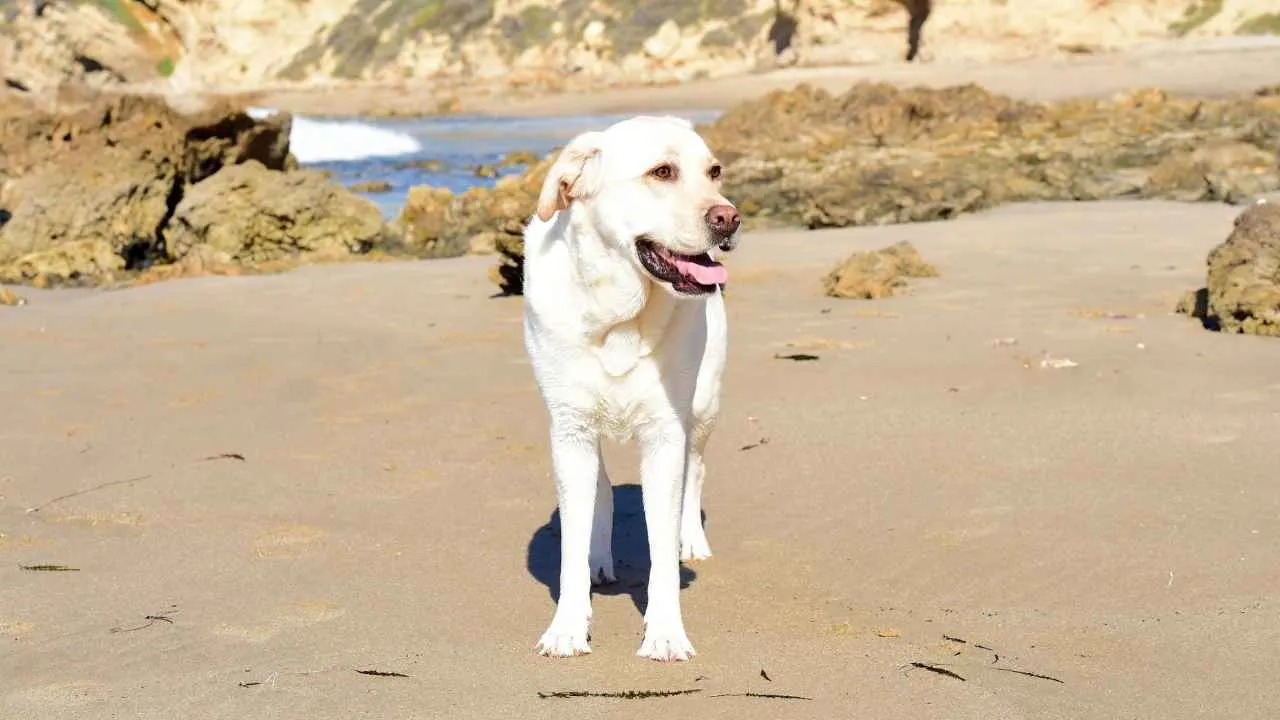
Size: Medium to Large
Personality: Friendly, outgoing, energetic
Vocal Level: Low to moderate
Let’s talk about the Labrador Retriever, the dog that’s practically the definition of “best friend material.” These herding dogs is as iconic as a good pair of jeans—reliable, comfortable, and always in style. Whether you’re an outdoor adventurer, a couch potato, or just someone who love a good cuddle, the Labrador are ready to join the fun.
With their loyal hearts and enthusiastic spirits, Labs are the go-to breed for families, singles, and seniors alike. Super friendly and social, they’re the first to greet guests at the door (and maybe knock over a lamp in excitement).
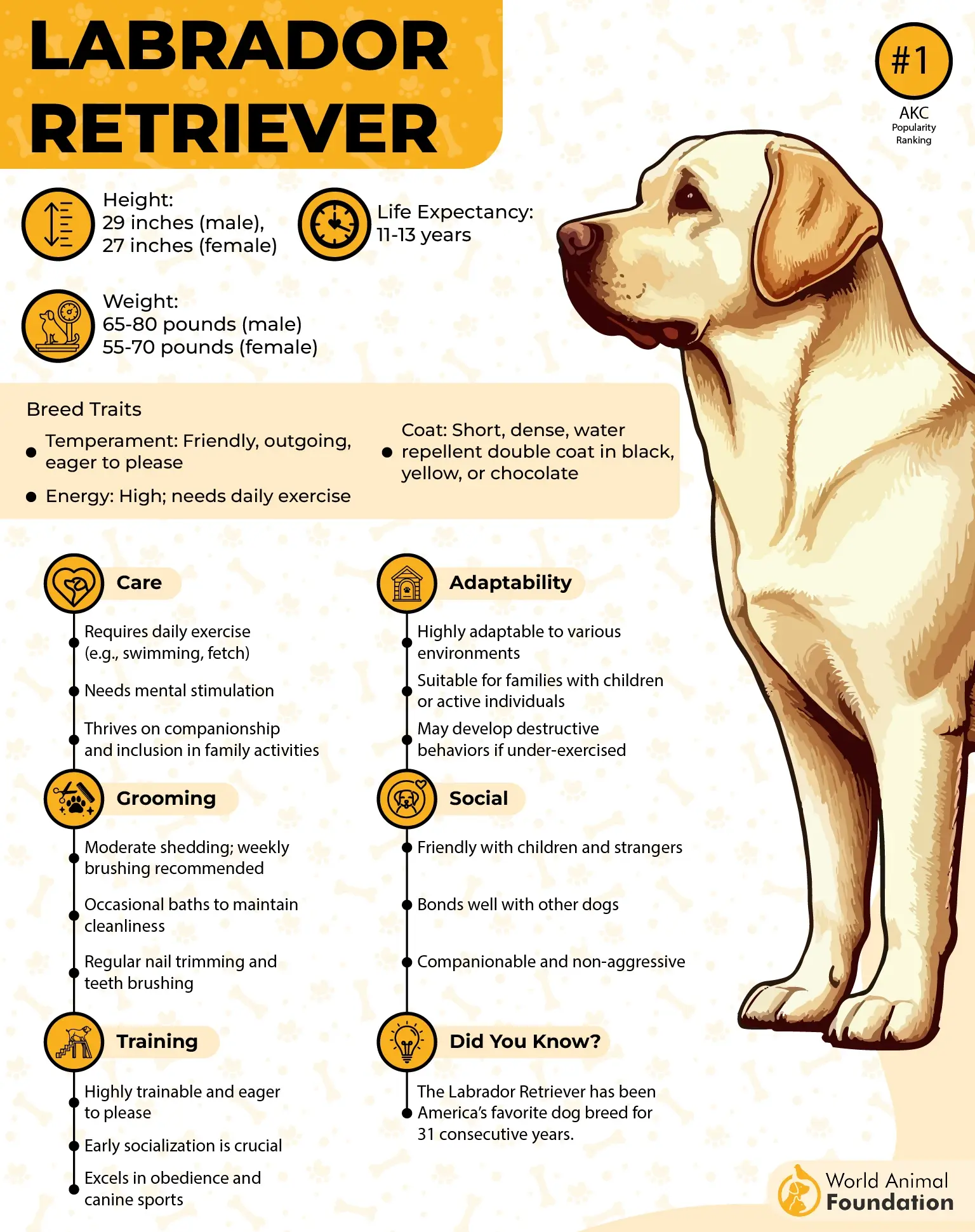
These versatile dogs have been used as therapy dogs, guide dogs, service dogs, and search-and-rescue heroes. But let’s be real, the thing they do best is probably just being your best friend—whether that’s at the park, at the beach, or even just chilling with you while you binge-watch Netflix.
Fun Fact: Labradors are notoriously known for loving water. So, don’t be surprised if your Lab is the first to jump in your pool, lake, or even a puddle after a rainstorm!
2. Golden Retriever
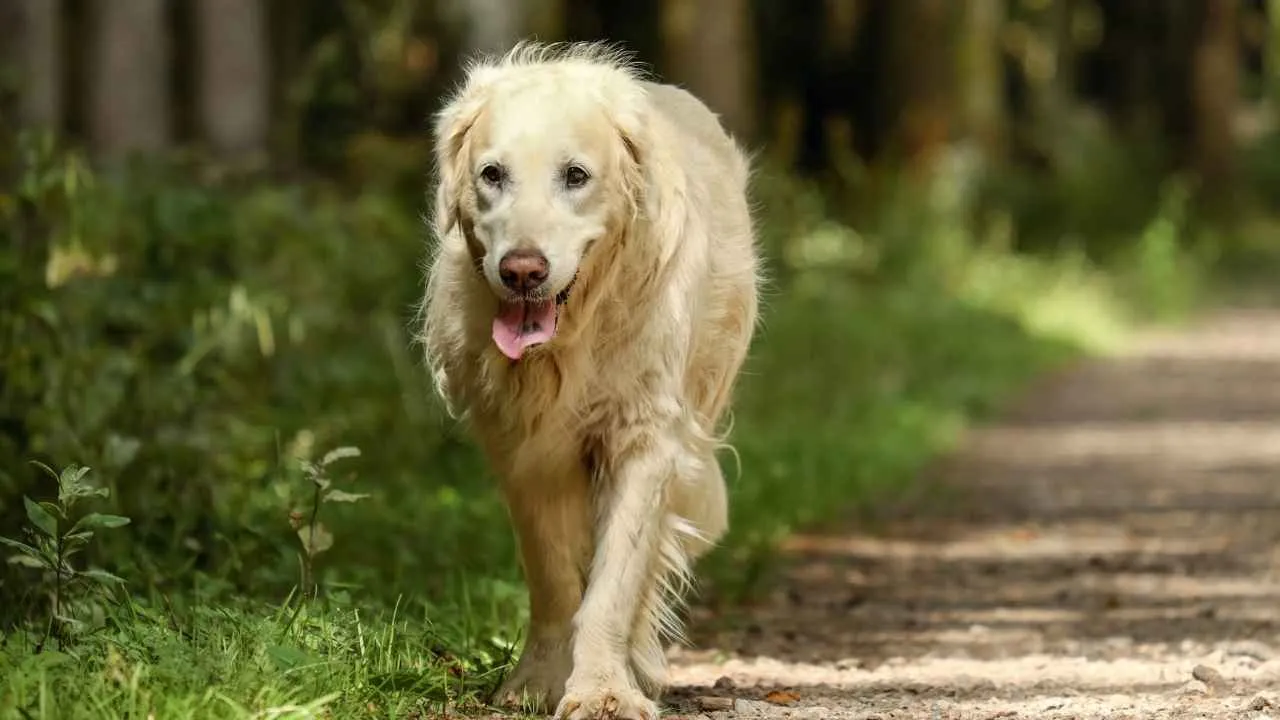
Size: Medium to Large
Personality: Gentle, loyal, intelligent
Vocal Level: Low to moderate
Next up, we have the best therapy dogs, the Golden Retriever, the energetic dog that’s always bringing the sunshine. With their iconic golden coat, gentle eyes, and ever-present smile, Goldens are truly the heart and soul of the dog world. Whether they’re playing with kids or fetching your slippers (because, yes, they will), Goldens have an unparalleled ability to bring joy wherever they go.
Highly intelligent and easy to train, they’re also patient, which makes them excellent family dogs and therapy companions. But the Goldies aren’t just about being a softie—they’re also energetic, so be prepared for a dog who’s always up for a good run or game of fetch.

Affectionate and loyal, they’ll stay by your side through thick and thin. If there’s one thing that’s certain, it’s that a Golden will be your #1 fan forever.
Goldens are typically easy to train thanks to their friendly temperament and eagerness to please. This makes them an excellent choice for first-time pet owners. They maintain a moderate energy level, even as they age. They love activities like running, long walks, retrieving, and swimming, staying active well into their senior years.
Fun Fact: The Goldens are part of the “Retriever” family, meaning they’re professional fetchers—expect them to return the ball, even if you didn’t throw it!
3. Poodle
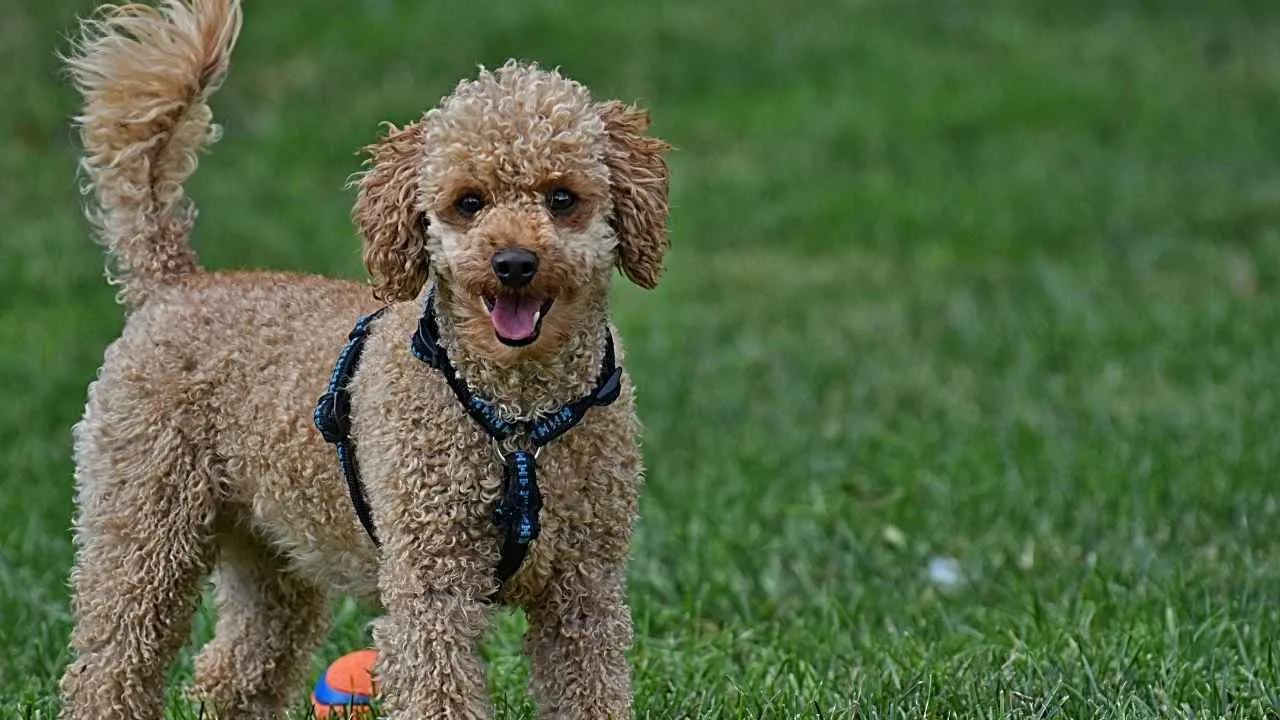
Size: Standard, Miniature, Toy
Personality: Intelligent, active nature, friendly disposition
Vocal Level: Low to moderate
The Poodle is the dog that combines grace and intelligence with a hint of mischief. Whether they’re strutting around in the show ring or playing fetch in the backyard, Poodles always seem to do it with an air of elegance—and let’s be honest, who doesn’t love a dog that can pull off a perfect curly coat?
Poodles may not seem like typical therapy dogs, but their intelligence and eager-to-please nature make them excellent choices, particularly for emotional support roles. Beneath all that fluff is a brainy dog with a desire to please. These pups are as smart as they come, and they’re often considered one of the most trainable breeds.
They’re not just pretty faces, though—Poodles are highly energetic and love to stay active, whether it’s a long walk, a swim (yes, they’re great swimmers), or a quick agility course. Don’t forget their affectionate side—they’re loyal, and they love being the center of attention.
Purina says that Poodles are athletes who carry themselves with pride. Their curly coats shed very little, making them a potential option for allergy sufferers.
Fun Fact: The Poodle’s curly coat was originally designed to help them swim better while retrieving waterfowl. Now they just look fabulous doing it!
4. Newfoundland
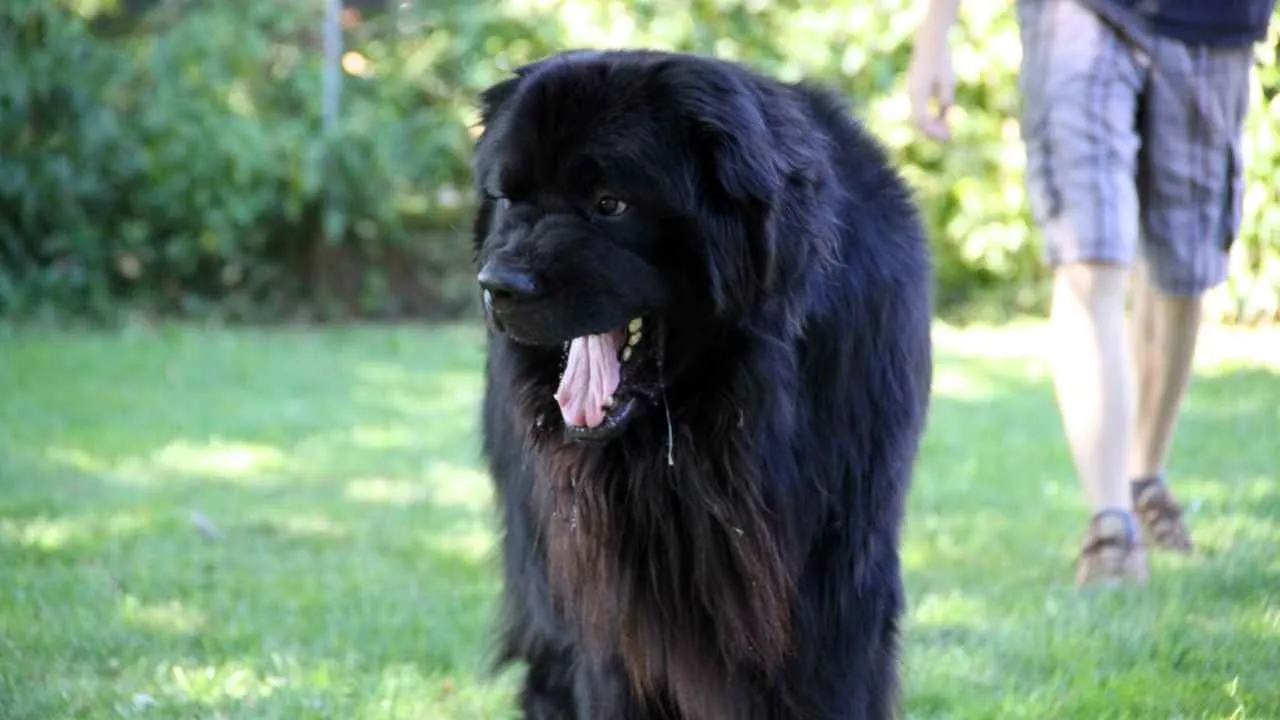
Size: Large
Personality: Calm, patient, gentle nature
Vocal Level: Low
Newfoundlands are basically the Gentle Giants of the dog world. With their massive size and adorable faces, they’re often described as “big softies”—and they really are. These dogs are patient, loyal, and incredibly affectionate.
According to the AKC, the sweet-tempered Newfoundland, or “Newfie,” is renowned for being an excellent companion. They’ve earned a reputation as a patient and watchful “nanny dog” for children, making them great family pets. They may look intimidating, but once you see their sweet nature, it’s easy to understand why they’re considered one of the most lovable breeds.
Due to their loving nature, Newfoundland dogs can sometimes develop separation anxiety when left alone, as they thrive on companionship and close bonds with their families.
Newfoundlands shed year-round, with particularly heavy shedding during their “coat-blowing” periods twice a year. While regular care is needed to keep their coat healthy, they don’t require extensive grooming or professional appointments.
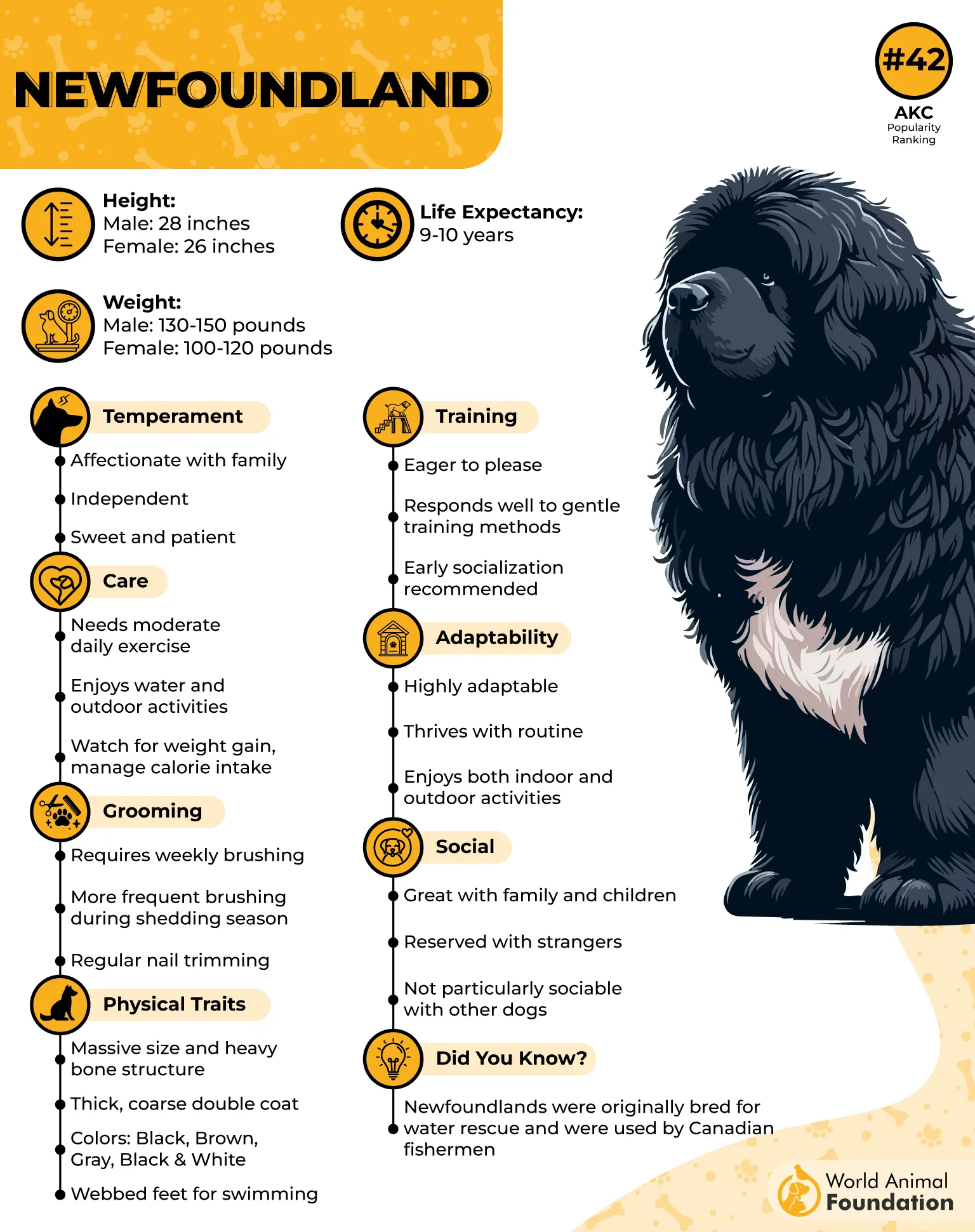
A fun fact? These pups are super strong and were originally bred to be working dogs for fishermen. They’re excellent swimmers (with webbed feet!) and are naturally gifted at rescuing people from the water. So, if you ever find yourself in a sticky situation at the beach, a Newfoundland might just be your best lifesaver.
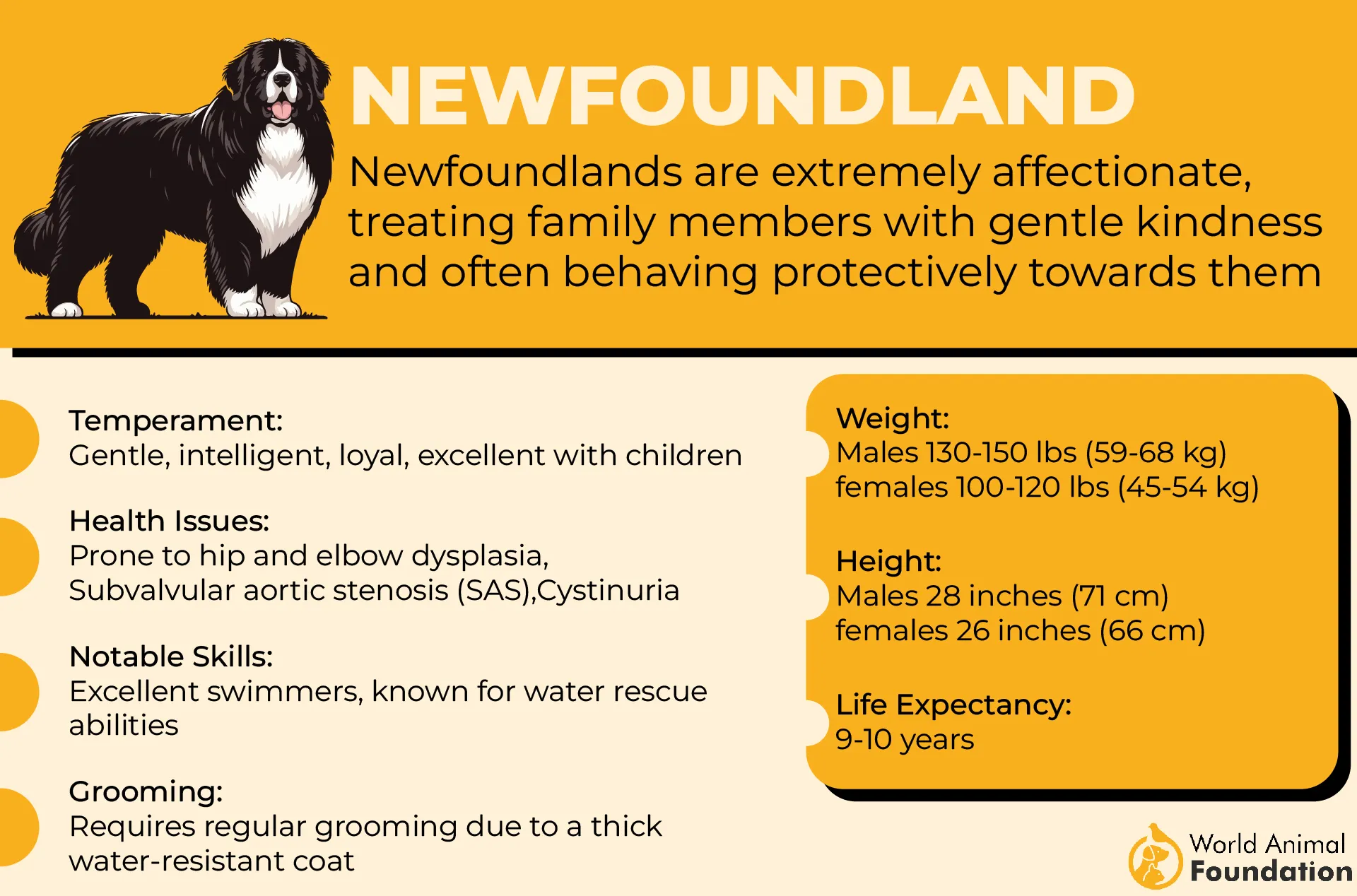
Fun Fact: Newfoundlands can weigh anywhere from 100 to 150 pounds, so if they give you a hug, you’ll definitely feel it!
5. Border Collie
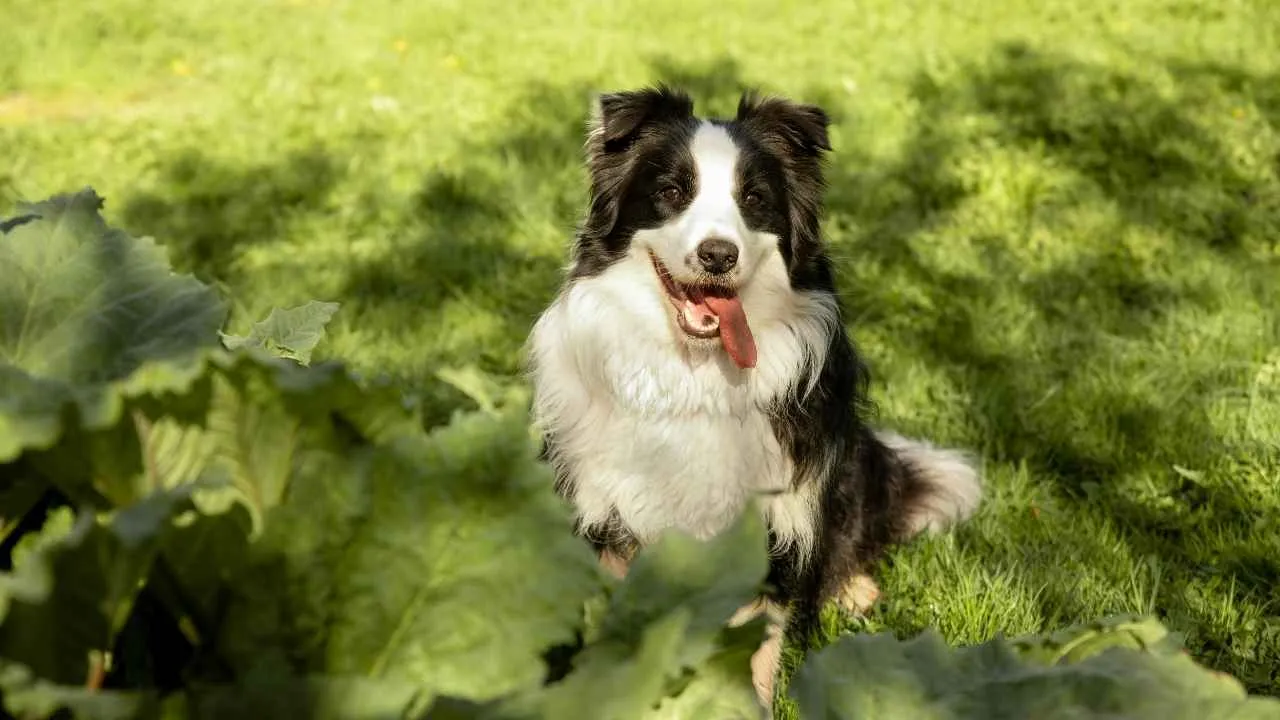
Size: Medium
Personality: Boundless energy, intelligent, focused
Vocal Level: Moderate to high
The Border Collie is the most intelligent dog breed in the world. These dogs are so smart that they can literally learn hundreds of commands (don’t try this with your regular dog—they might judge you).
Border Collies are bred to be working dogs, and their natural instinct to herd and move things around is incredible. They are as high-energy as they come, and they’ll happily run, fetch, and play until you’re begging for a break.
Border Collies make great therapy dogs due to their impressive trainability and friendly demeanor with strangers.
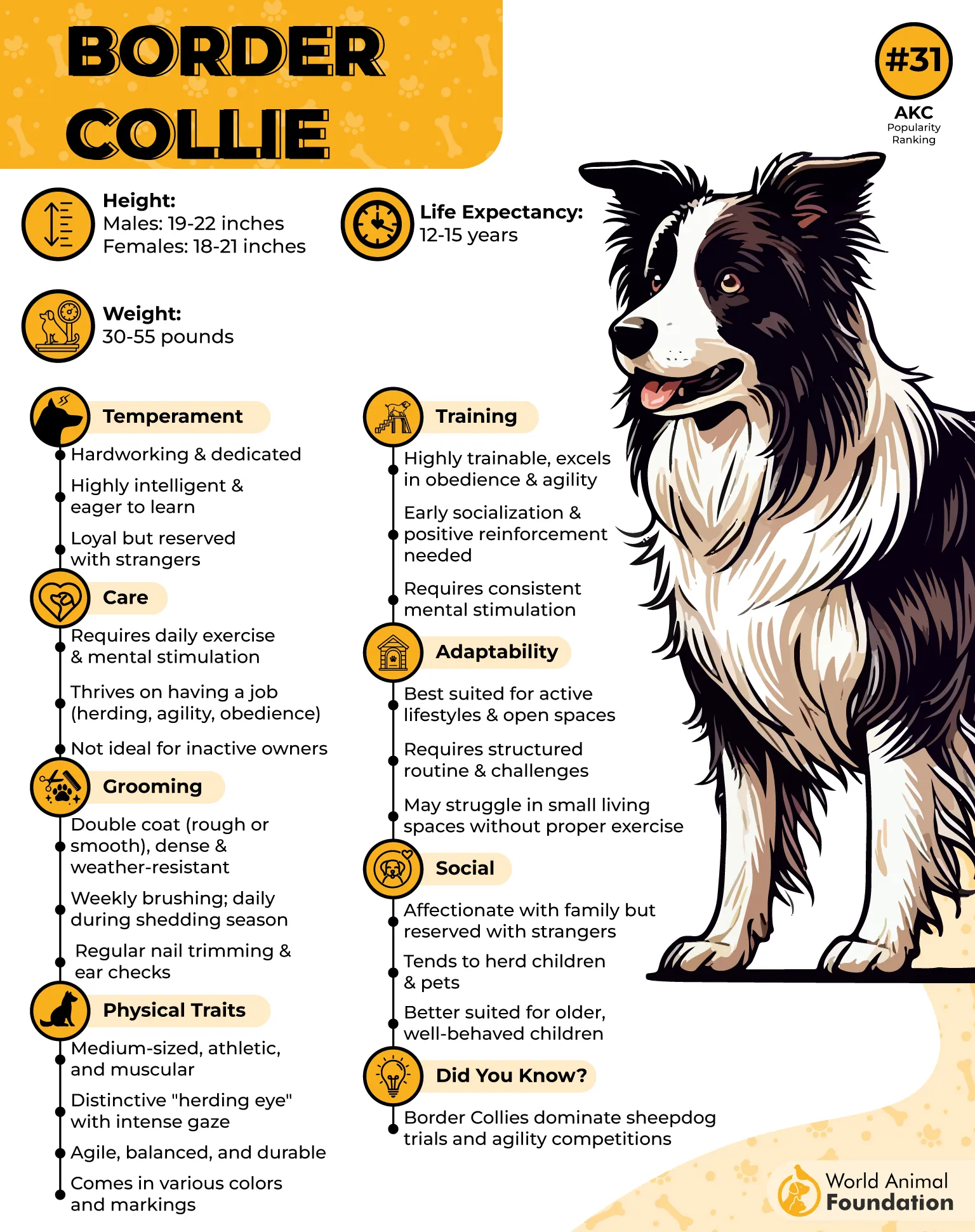
However, they may not always be ideal around kids, as their herding instincts can lead them to nip at young children’s heels. This behavior can be managed with training, but a Border Collie therapy dog might be better suited for visits with adults.
Their agility, quick learning, and relentless drive make them ideal for agility sports or any activities where mental stimulation is key. Regular brushing—about twice a week—is essential to prevent their hair from matting. Petplan notes that Border Collies respond exceptionally well to positive reinforcement techniques—so don’t forget to keep those training treats handy!
They love challenges and need a job to do, so if you’re looking for a dog that’s going to keep you on your toes, a Border Collie is the ultimate choice. If you’re up for the challenge, this dog will be your intense, loyal, and incredibly gifted companion.
Fun Fact: Border Collies can run faster than most people can, so be prepared for them to outpace you in any race. You might need to rethink your jogging plans!
6. Cavalier King Charles Spaniel
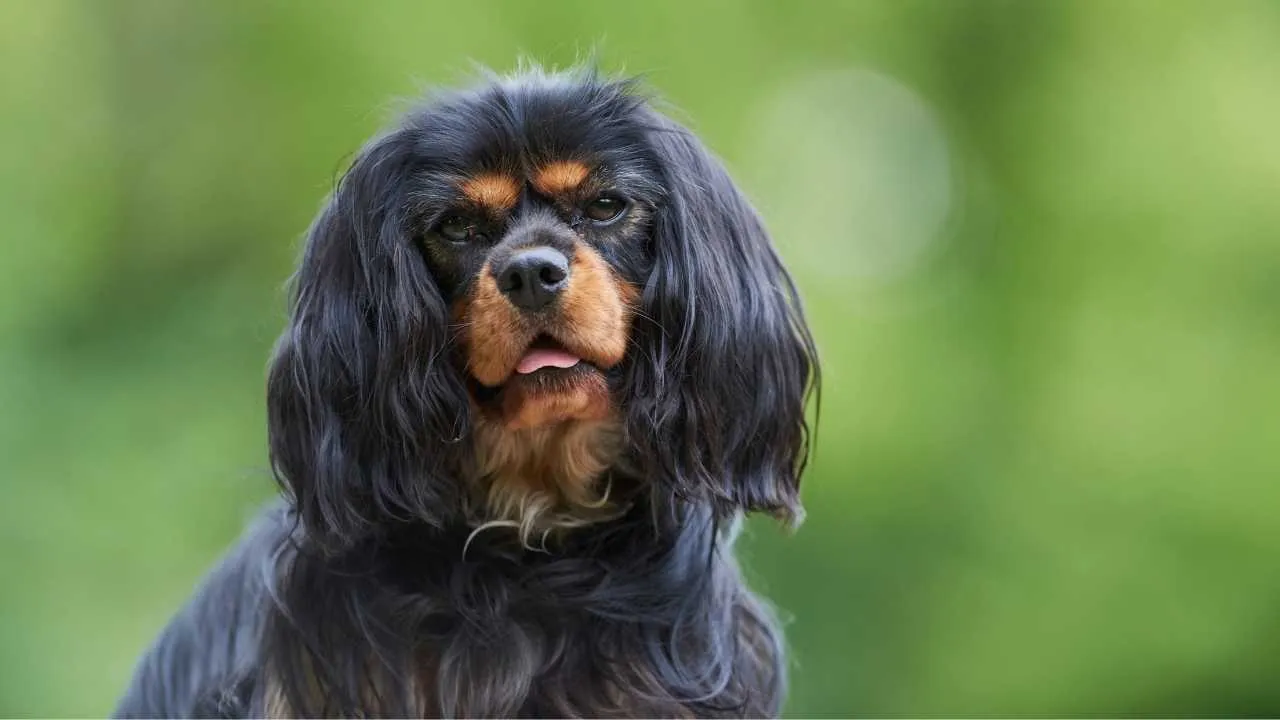
Size: Small dogs
Personality: Affectionate, gentle, friendly nature
Vocal Level: Low to moderate
If there were a cuddle championship in the dog world, the Cavalier King Charles Spaniel would probably take home the gold every time. These small, great breeds have a big heart and unconditional love, nothing more than curling up on your lap and showering you with adoration.
With their long, silky ear and soulful eyes, and warm, affectionate nature, King Charles make excellent therapy dogs. Their gentle temperament makes them naturally comforting and easy to approach, offering emotional support to people of all ages.
Thanks to their compact size, King Charles is a great fit for smaller spaces like nursing homes. They thrive on human interaction and form strong emotional bonds with their people, making them ideal emotional support dogs for those in need of comfort and companionship.
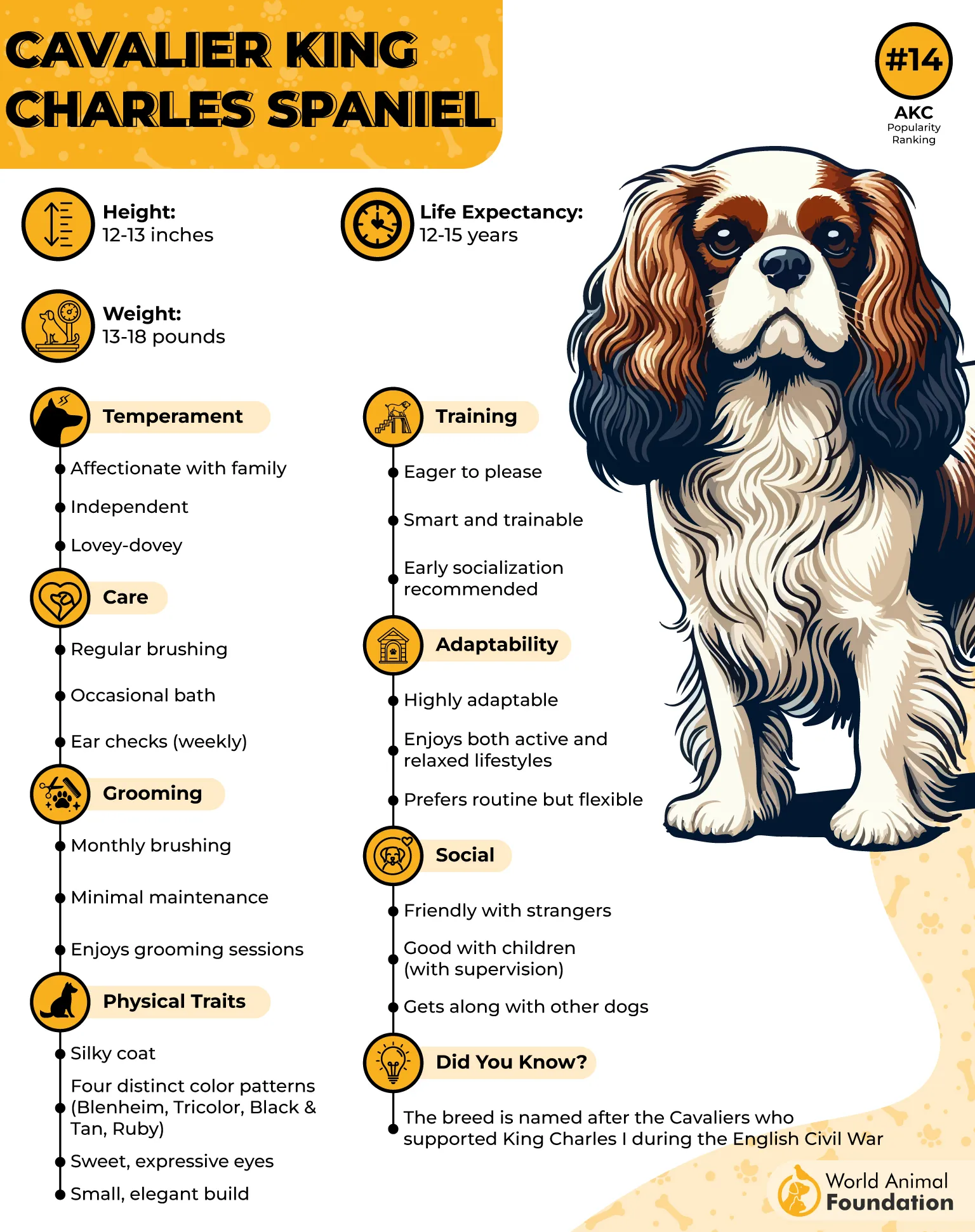
They get along with everyone—kids, other pets, even strangers! And while they’re super friendly, they’re never overly demanding. These dogs are just happy to be by your side, enjoying a good nap or a walk in the park.
Fun Fact: The King Charles Spaniel dog was named after King Charles II of England, who adored the breed so much that they were often seen at court. So, when you’re snuggling with your Cavalier, remember—you’re channeling some royal vibes!
7. Bichon Frise
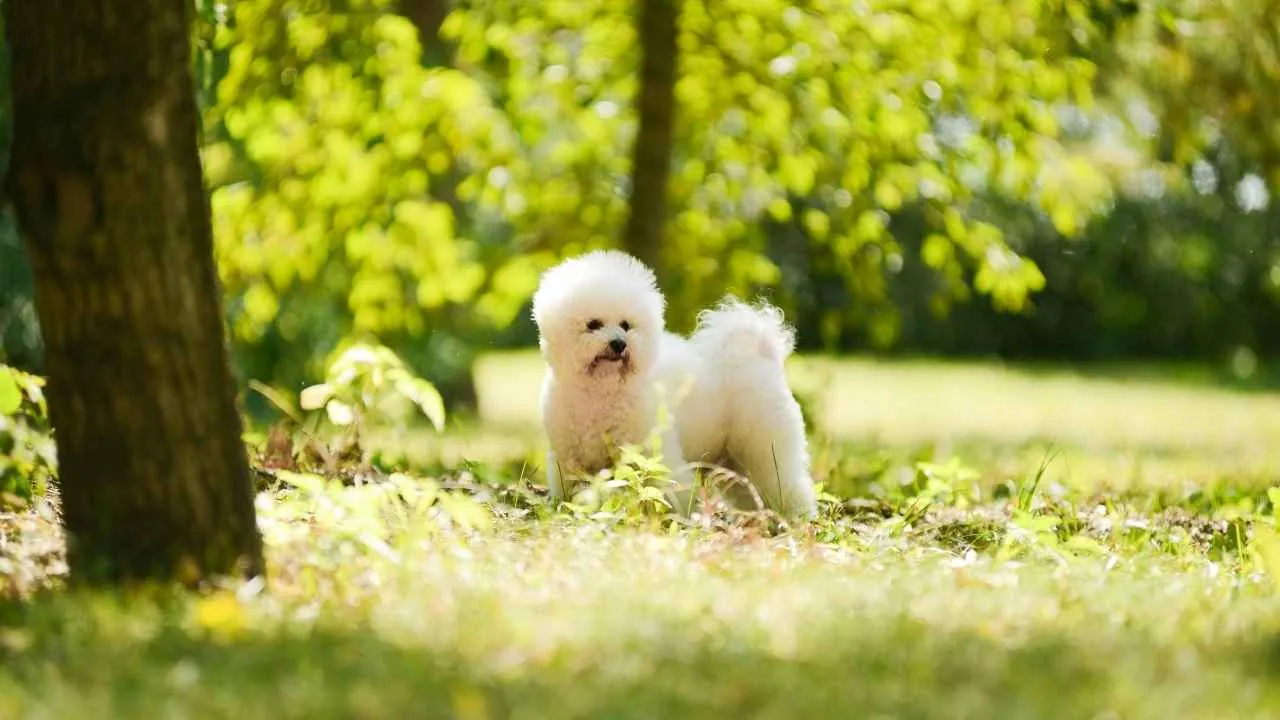
Size: Small
Personality: Cheerful, playful, friendly
Vocal Level: Low to moderate
The Bichon Frise is like a little cloud of happiness with a tail that never stops wagging. This fluffy teddy bear breed is extremely social and has a positive, energetic personality that will brighten up any room.
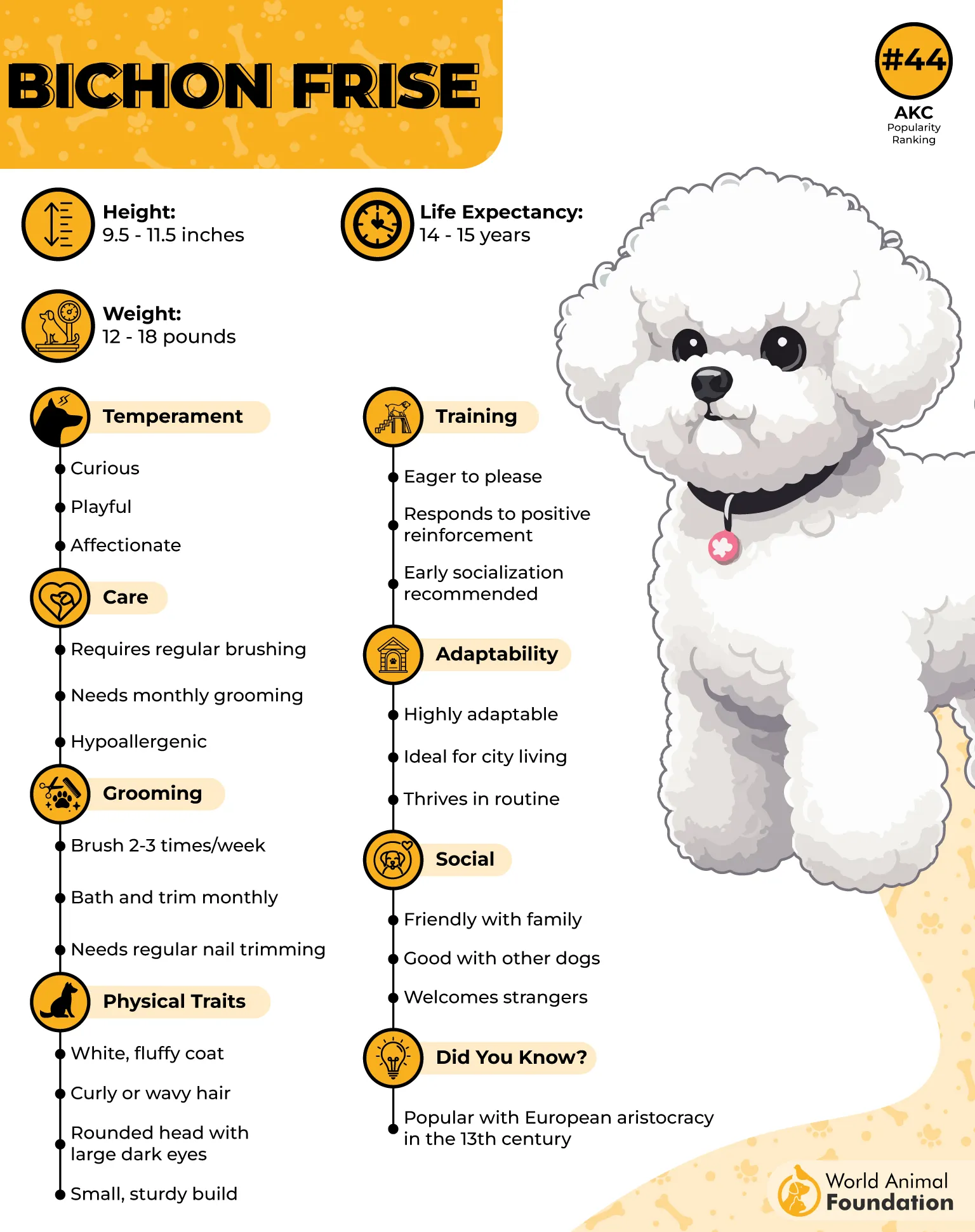
With their adorable, puffy white coats and dark, sparkling eyes, they look like they’ve stepped out of a cartoon, ready to bring smiles and laughter wherever they go.
Conclusion
When it comes to therapy work, intelligence is more than just a bonus—it’s essential. The best therapy dogs are those that can read emotional cues, respond calmly, and adapt to various situations, often providing critical support to individuals with mental disabilities or emotional challenges. Breeds like the Labrador Retriever, Golden Retriever, and even smaller companions like Yorkshire Terriers and the charming French Bulldog are all shining stars in the world of animal-assisted therapy. These breeds aren’t just adorable—they’re quick learners with the ability to stay calm under pressure and offer comfort in the most meaningful ways.
Of course, no matter the breed, proper training and early socialization are key. Many therapy dogs go through obedience training and even compete in obedience competitions, showing off their discipline and focus. Some go even further, entering service dog work or becoming medical alert dogs, helping pet parents with physical and emotional health needs.
It’s no surprise that dogs from the herding group, like the German Shepherd, also excel in this field due to their protective nature, intelligence, and strong work ethic. Whether it’s through gentle cuddles, emotional comfort, or simply playing with puzzle toys to keep spirits high, the best breeds for therapy work have one thing in common—they provide support in ways that words often can’t.


